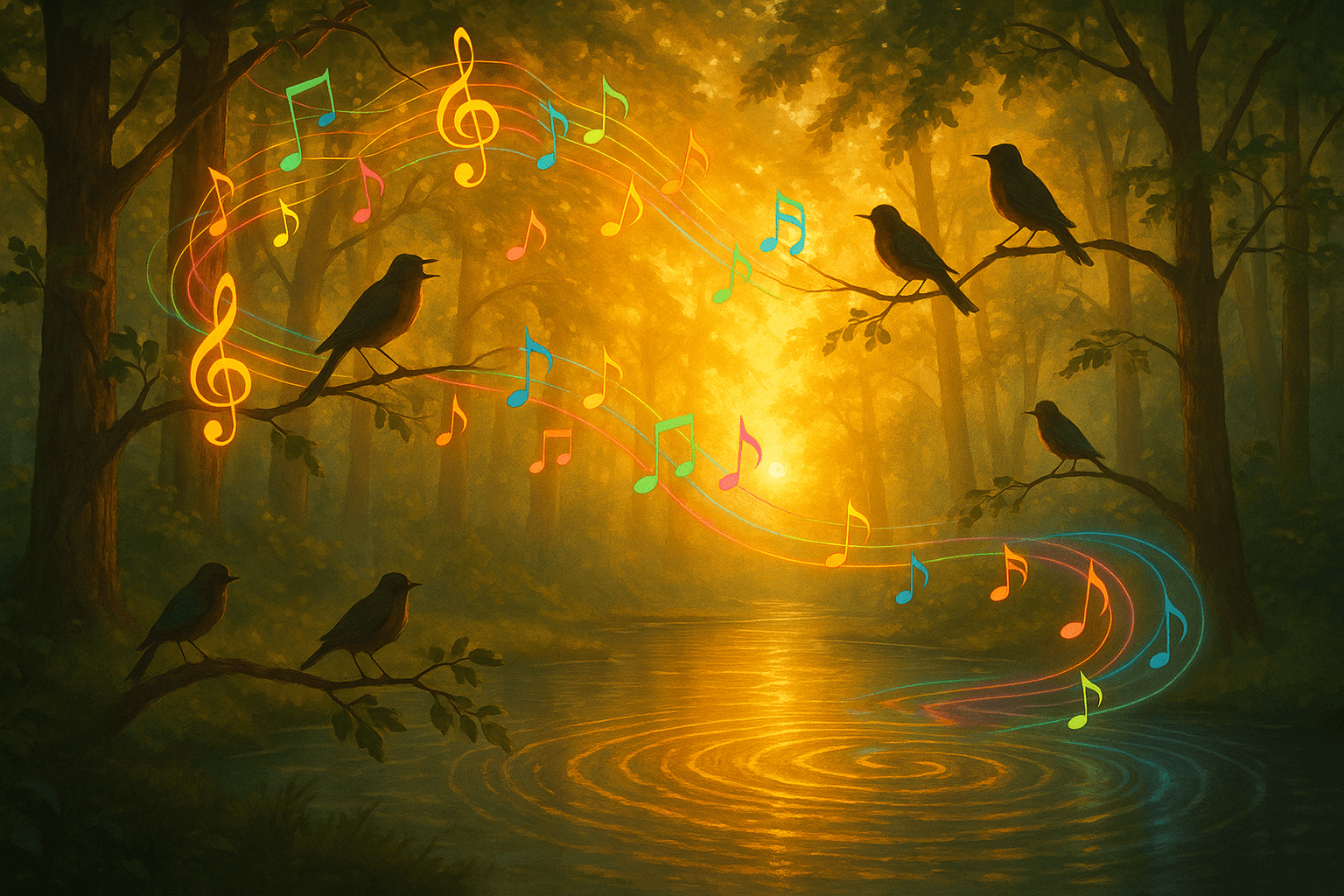Music as the Voice Beyond Words’ Limitations

When words fail, music speaks. — Hans Christian Andersen
—What lingers after this line?
One-minute reflection
What does this quote ask you to notice today?
The Boundaries of Verbal Expression
Hans Christian Andersen’s statement starts by confronting a fundamental aspect of human existence: the limits of language. There are moments—grief, awe, overwhelming love—when words seem inadequate to capture the depth of feeling. Language, while versatile, cannot always convey the full complexity or paradox of inner emotional states, leaving gaps that ordinary conversation cannot bridge.
Music’s Unique Emotional Resonance
Into this void steps music, a universal language that transcends cultural and linguistic barriers. As Beethoven, who continued to compose intensely after losing his hearing, demonstrated—music has the power to evoke and articulate emotion with a precision words may lack. Through melody, harmony, and rhythm, music gives shape to what otherwise remains unspoken.
Illustrative Scenes from Literature and Life
In literature, scenes abound where music assumes the role of speech—such as Tolstoy’s *War and Peace* (1869), where Natasha’s dancing expresses joys she cannot articulate. Similarly, in everyday life, we turn to music during rituals—weddings, funerals, celebrations—when words fail us, relying on shared songs to articulate collective emotion.
Psychological Insights into Music’s Impact
Delving deeper, research in neuroscience confirms this phenomenon. Studies show music activates brain regions linked with emotion and memory, sometimes more profoundly than spoken language. Dr. Oliver Sacks, in *Musicophilia* (2007), observed patients unlocking memories or feelings through music after speech had been lost to illness—demonstrating music’s expressive advantage.
Embracing Music as Emotional Communication
Thus, Andersen’s phrase invites us to embrace music’s role as an essential means of human communication. When conventional dialogue falters, a song or melody often steps in to comfort, to unite, or to give voice to the ineffable. In this way, music stands not merely as entertainment, but as a vital extension of our capacity to connect and to be understood.